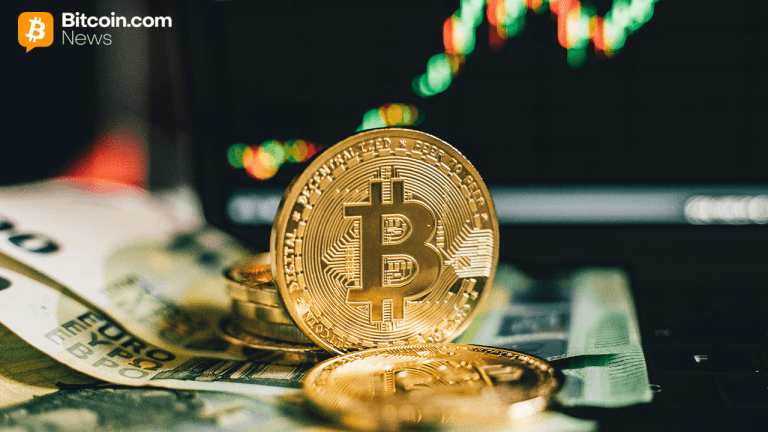ARTICLE AD BOX
In a recent X post, lawyer Fred Rispoli has once again ignited discussions over a potential appeal in the XRP lawsuit. The lawsuit has taken a new turn with discussions soaring around the potential financial consequences for the US SEC if it loses an appeal. The recent debate, sparked by pro-XRP lawyer Fred Rispoli, has raised questions about whether the SEC would only be repaying $125 million in penalty to Ripple or additional statutory interest payment.
Potential Impact On US SEC If It Loses XRP Lawsuit Appeal
The XRP lawsuit has been one of the hottest trends in the crypto market. Recently, Judge Analisa Torres ordered Ripple to pay a civil penalty of $125 million after finding the firm’s 1,278 institutional sale transactions violated securities laws.
However, many in the crypto market see this as a partial victory for the blockchain firm, especially with last year’s ruling that XRP is not a security. Now, the discussions have turned to a potential appeal by the US SEC and a cross-appeal by the blockchain payment firm.
Meanwhile, the possibility of an appeal has gained traction recently again, especially after pro-XRP lawyer Fred Rispoli raised a key question. In an X post, he asked whether, if Ripple wins an appeal on all issues, the SEC would not only have to return the $125 million penalty but also pay statutory interest.
Former SEC lawyer James Farrell commented by explaining that if the firm wins the appeal, the SEC might have to bear the costs associated with the appeal. Besides, the agency might also have to pay other fees including the bond payment, under specific legal provisions.
In addition, Farrell highlighted another layer of complexity could arise if the case is sent back for a new trial, which could lead to additional legal battles. This underscores the uncertainty and potential financial stakes involved if the blockchain firm decides to cross-appeal and challenge the court’s decision on institutional sales and On-Demand Liquidity (ODL) transactions.
Potential Appeal And Its Impact On Ripple & The SEC
The potential for an appeal by the SEC has been a topic of speculation for months. Legal experts like MetaLawMan have previously said that the US SEC is likely to appeal the ruling, particularly focusing on the court’s decision regarding disgorgement.
In addition, he also said that Ripple might launch a cross-appeal, arguing that the court’s decision on institutional sales was flawed. The blockchain payment firm could contend that these transactions do not meet the criteria of an investment contract under the Howey test.
This argument, if successful, could further weaken the SEC’s position and have far-reaching implications for other crypto cases like Binance, Coinbase, and others. Besides, it has also sparked discussions over a renewed battle in the recently concluded XRP lawsuit.
As of writing, XRP price was up around 2% to $0.593 with its trading volume staying near the flatline at $1.08 billion. Notably, a recent XRP price prediction suggests that the crypto could target $0.74 next if certain conditions are met.
Rupam Roy
Rupam, a seasoned professional with 3 years in the financial market, has honed his skills as a meticulous research analyst and insightful journalist. He finds joy in exploring the dynamic nuances of the financial landscape. Currently working as a sub-editor at Coingape, Rupam's expertise goes beyond conventional boundaries. His contributions encompass breaking stories, delving into AI-related developments, providing real-time crypto market updates, and presenting insightful economic news. Rupam's journey is marked by a passion for unraveling the intricacies of finance and delivering impactful stories that resonate with a diverse audience.
Disclaimer: The presented content may include the personal opinion of the author and is subject to market condition. Do your market research before investing in cryptocurrencies. The author or the publication does not hold any responsibility for your personal financial loss.
 (1).png)
 1 year ago
496547
1 year ago
496547








 English (US) ·
English (US) ·